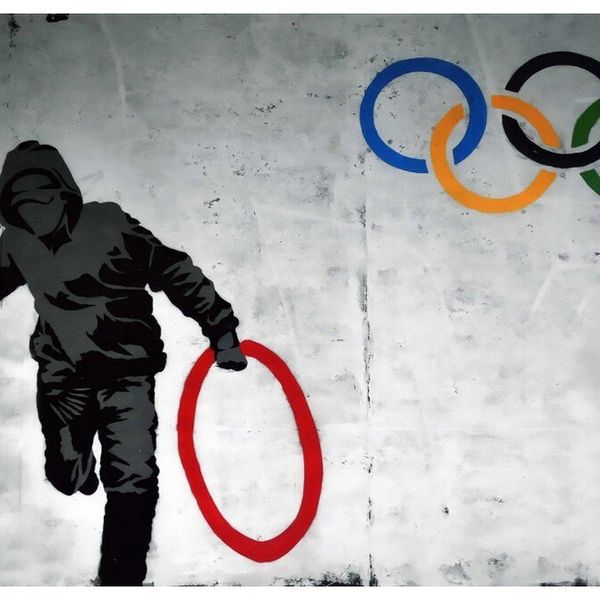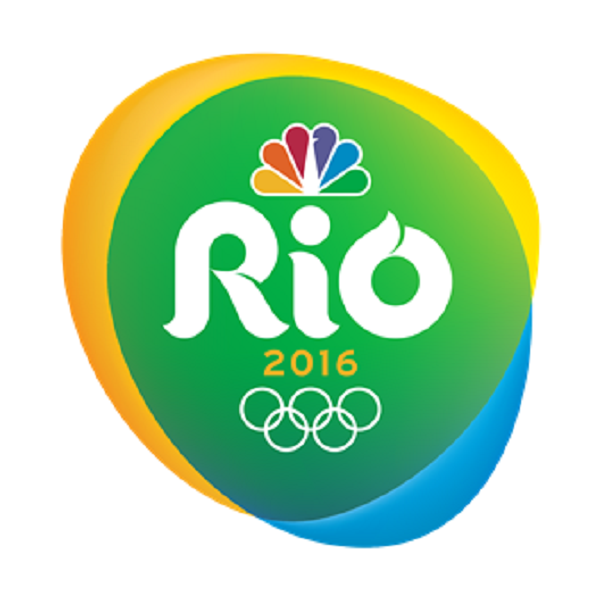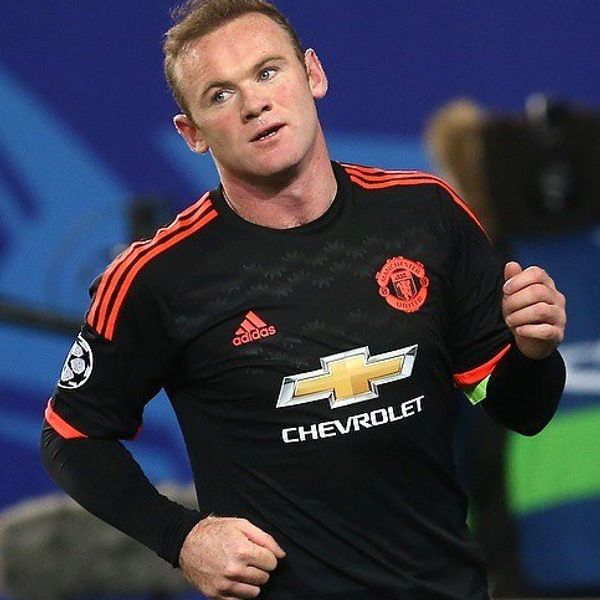With the 2016 Olympic Games fast approaching an issue that has plagued the Games for a century has once again reared its ugly head. The principle goal of the games is to showcase the pinnacle of human athletic achievement. From running and swimming to wrestling and shot put all these events are built around the prowess of the athletes competing in them. In an ideal world these athletes were chosen by their nation to compete because they trained the hardest and possessed the most skill. However the past twenty years has shown that may not always be true.
In May 2016 the New York Times reported that dozens of Russian athletes at the 2014 Winter Olympics in Sochi were part of a state run doping program, of which at least 15 had won medals. As of a few weeks ago Russian athletes set compete in the Rio games were banned for doping. Doping is a problem in most major sports but even more so in the Olympics when the stakes are high. Olympic medal winners gain a celebrity status in their home country that goes beyond just adoring fans. Michael Phelps the most decorated Olympic swimmer received dozens of endorsements from companies like Subway, Kellogg’s, etc. worth more than fifty million dollars all together. Lance Armstrong through endorsements was to amass a net worth of close to forty-five million dollars. Phelps has been suspected of doping since his wins in 2008 in Beijing, while Armstrong was found to have doped and stripped of is wins in the cycling world.
With so much at stake it is easy to see why some athletes turn to performance enhancing drugs to gain an edge. Years of constant training is not always enough to win when gold and silver are separated by fractions of a second. Drugs like human growth hormones can give competitors the edge they need to bring home a medal. However the use of drugs to enhance performance undermines the very basis of the games and why they were founded. The Olympics were designed to show what humans could achieve via training to the peak of their abilities and skill. By doping an athlete is no longer competing with skill but with the drugs they take.
What is most disheartening is that doping is not a new phenomenon in Olympic history. In almost every Olympic games since 1914 there have been cases of doping from all nations. In Barcelona 1992 American runners Bonnie Dasse and Jud Logan were found to have used performance enhancing drugs. Marion Jones in Sydney 2000 won five medals but was found to have used human growth hormones to do so. With the games in Rio staring in just over a month and with the recent controversy in begs a question of the Olympics. Can the Olympics and the countries that participate create and implement policies and tests to stop doping? If not we may lose the spirit of the Olympics which foster unity and friendly competition between nations.





















